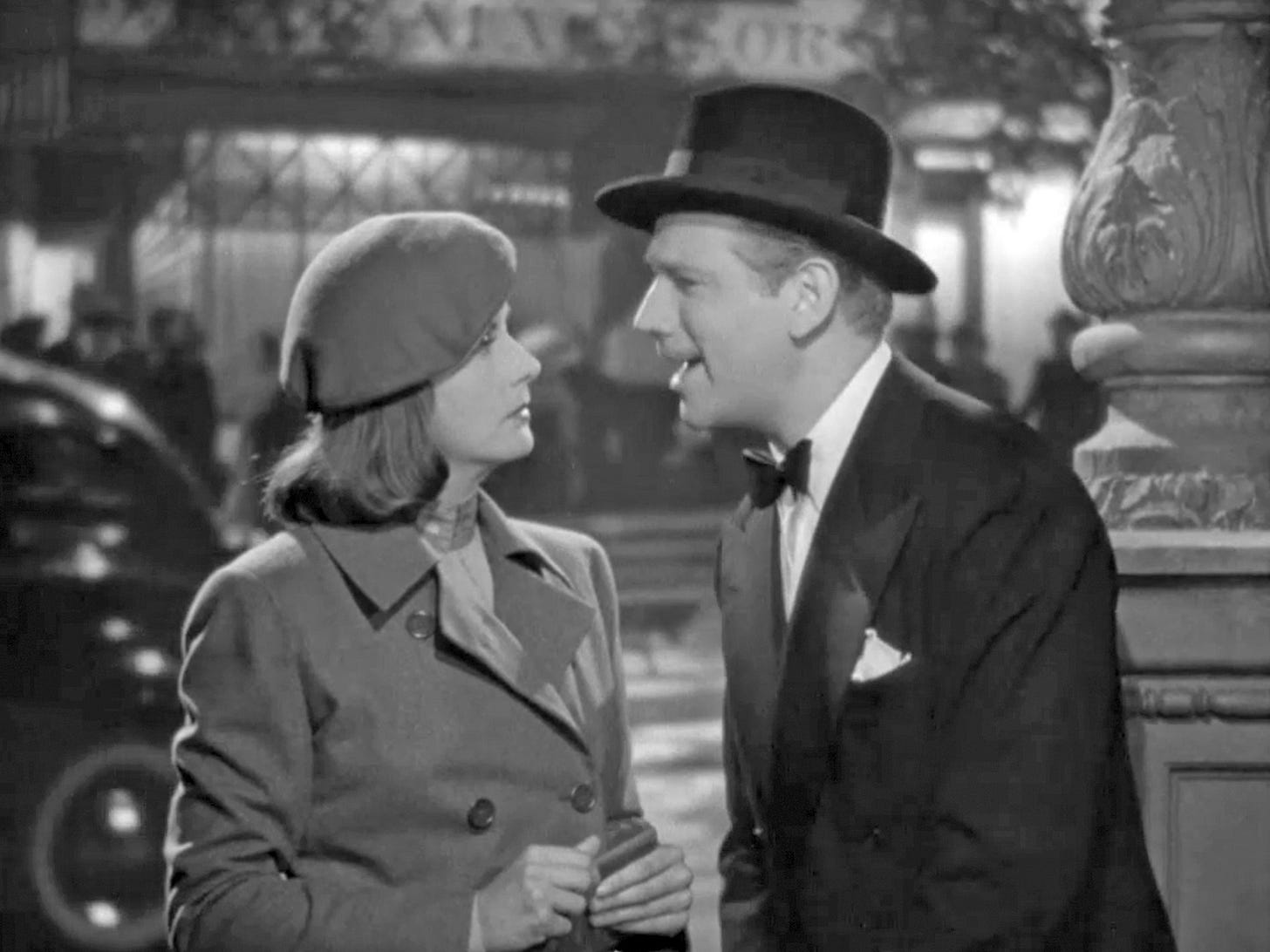I must first retell a joke transmitted to me by Slavoj Žižek, which originates in the great Ernst Lubitsch’s 1939 film, Ninotchka. I provide it as in the script below.
A man comes into a restaurant and sits down and says, "Waiter! Get me a cup of coffee without cream." After five minutes the waiter comes back and says, "I'm sorry, sir, we're all out of cream, can it be without milk?"
It is a dialectical joke which highlights that materially objects can be equivalent — as in this case the coffee. However, their representations in our minds can be vastly different: what we perceive to be lacking influences what we perceive we have. This is immediately applicable to how we think about and critique fragrances.
At the first level, before encountering a fragrance physically, we are usually subjected to its marketing including the narrative, the infamous note pyramid telling us what we are allowed to smell and the packaging. From this, we almost involuntarily construct our olfactory idea of the fragrance, our response to the marketing as a rigid brief. As an aside, it is at this point that marketing wants to hook us into desiring the fragrance, with the idea being the actual odor will be as inoffensive as possible as to be compatible with this manufactured desire. Have a look at this nauseating article detailing the efficacy of TikTok marketing to encourage blind buys.
When we physically experience the fragrance, the comparison to our pre-built idea is made, and while each of us smells the same odor, we each see something different missing, as alignment almost never occurs. However, there is a second level at which this phenomenon occurs, namely one can engage in theorising even after experiencing the odor, as to what might have been.
To be colorful, I offer a personal example. In the newly released Bitter Splash (Dries van Noten, 2024) I was lavishing a clash between the marketed grapefruit — in my mind sulphurous, zingy — with a genuine leather accord. I was instead served a rosy, tea-like accord, derivative and flat. To be clear, this musing is not just about letting down expectations but about what we view as missing informing the totality of the assessment of the fragrance.
In evaluating a fragrance, we concern ourselves with numerous factors, including the quality of raw materials; cohesion of the composition; diffusivity, volume, impact and tenacity; synaesthetic satisfaction such as textural; originality and so on. However, the perception of these technical and aesthetic ideals is sculpted by a constant underlying idea of what it is not.
I am not aware of how to remedy this dilemma with evaluation, but masterful fragrances of the past have shown a remedy from the creator’s viewpoint. That to me is ultimately novelty of the central accord and while the intricacies of its execution are relevant, the outrageously unfamiliar but beautiful alienates itself from comparison to our pre-built idea which is grounded in what has been.
The unfamiliar is frightening to clients (that is, brands of oil houses) and consumers and the devil is in the details, which perfumers have seldom time to work out, even if given the budget or leeway for their idea. In many, the impulse for such creation is already extinguished.



You are close to Adorno’s negative dialectics here, the central thought of his concept of non-identity is that things are partly defined by what they are not, but also because there are problems with what we use to define them.